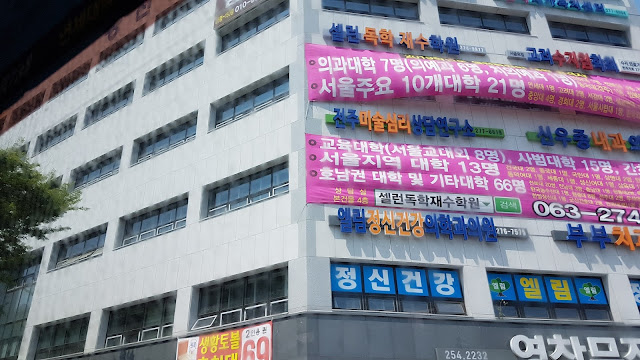Search This Blog
Ottawa & Elsewhere. Photos & Fiction. Reviews & Rants. Musings & Utter Nonsense. (Header photo: Playa Potrero, Costa Rica)
Posts
Showing posts from November, 2020
Wordless Wednesday: Parliament Hill Twilight
- Get link
- X
- Other Apps
Friday Fiction: Hanok Village, Revisited
- Get link
- X
- Other Apps













